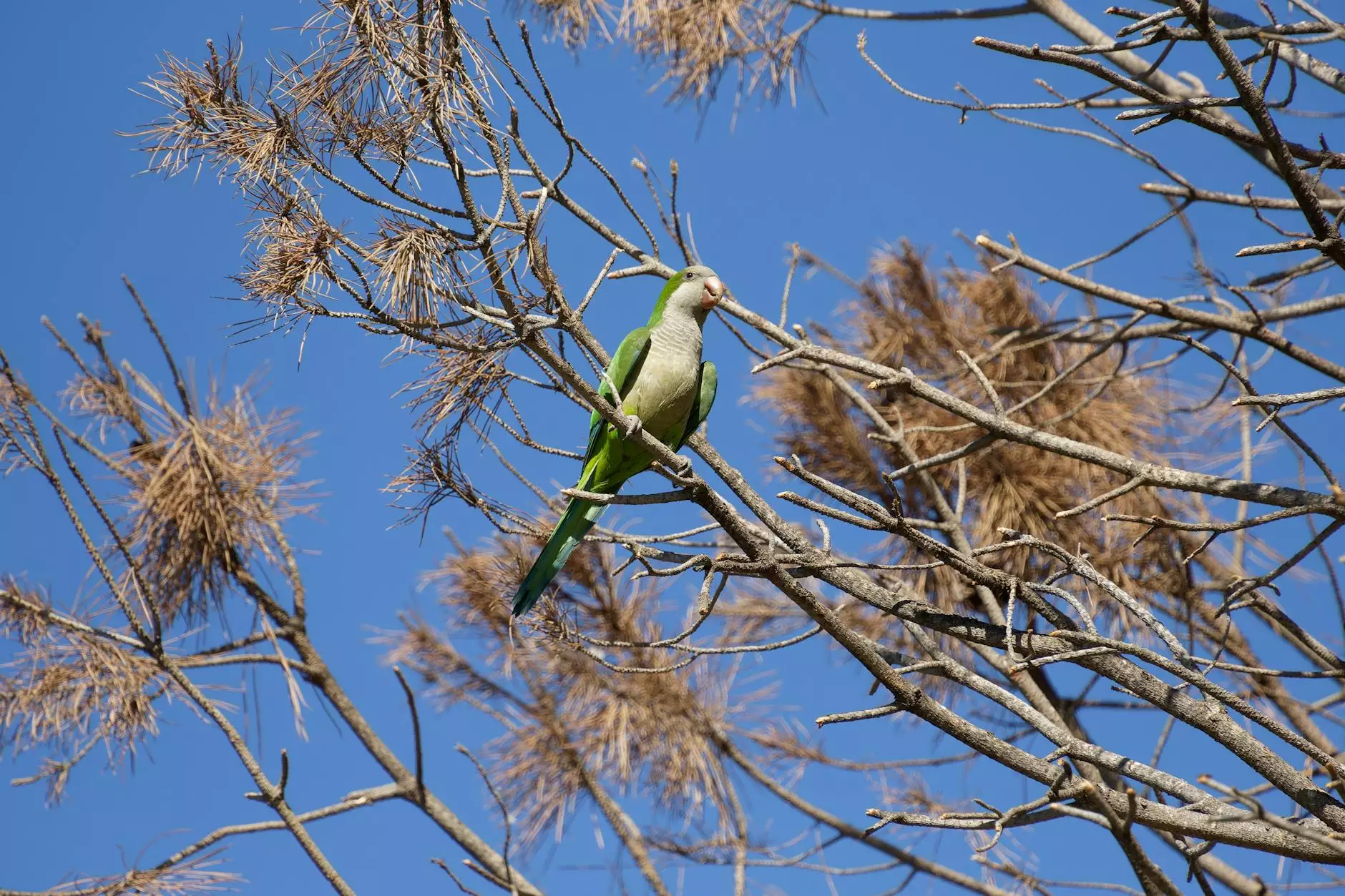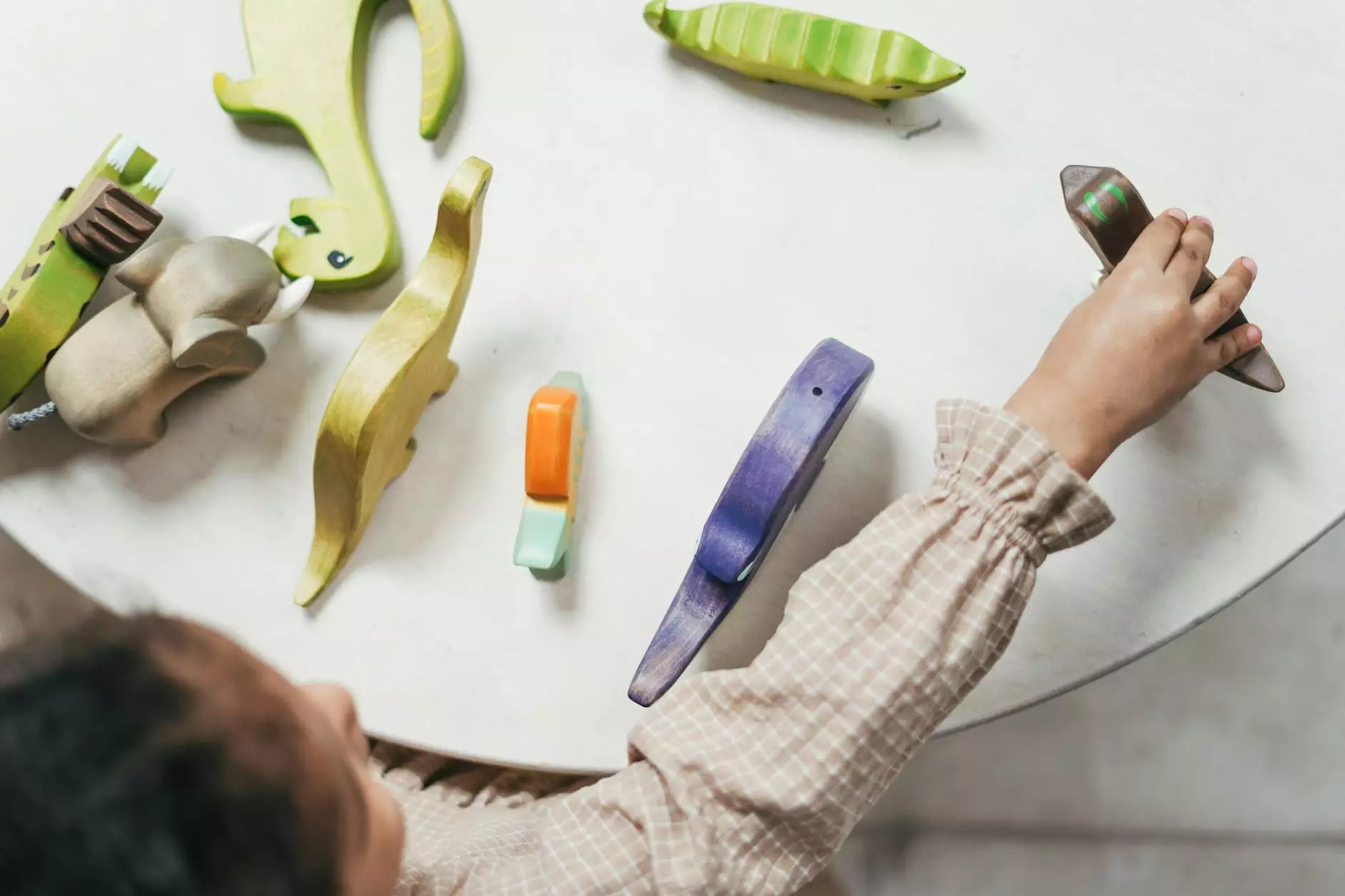Understanding Quaker Birds: Your Guide to a Joyful Pet Experience

Quaker birds, also known as Monk Parakeets, are a delightful species that have captured the hearts of bird enthusiasts around the globe. Originating from South America, these vibrant little creatures are not only known for their gorgeous green plumage but also for their sociable nature and playful antics. This article will provide a comprehensive overview of quaker birds, covering their characteristics, care requirements, and why they might be the perfect companion for you.
The Allure of Quaker Birds
Quaker birds are highly intelligent and affectionate, making them one of the most appealing pet choices. Their engaging personalities and ability to mimic sounds can entertain both owners and guests alike. Here are some key characteristics that highlight the allure of these charming pets:
- Vivid Coloration: Quaker birds exhibit stunning green feathers, often with accents of blue and yellow on their wings and chests.
- Social Creatures: They thrive on interaction, making them great companions for active families or individuals.
- Vocal Talent: Quaker birds are known for their ability to mimic human speech and other sounds they hear around them.
- Playful Nature: Their playful antics and curiosity can provide endless entertainment for their owners.
Setting Up Your Home for a Quaker Bird
Before bringing a quaker bird into your home, it is crucial to create an environment that is both enriching and safe. Here are some essential elements to consider:
Cage Requirements
Choosing the right cage is paramount for the well-being of your new pet:
- Size Matters: A spacious cage is vital. Ideally, it should measure at least 24” x 24” x 30” to allow your quaker bird adequate space to move around.
- Bar Spacing: Ensure the bar spacing is no more than ½ inch to prevent escapes and ensure their safety.
- Vertical Space: Quaker birds love to climb, so providing vertical space with multiple perches at varying heights is beneficial.
Enrichment and Toys
To keep your quaker bird happy and stimulated, it’s essential to offer a variety of toys. Here are some recommendations:
- Interactive Toys: Toys that challenge their intellect, such as puzzles and foraging toys, are great for mental stimulation.
- Chewing Options: Provide wooden perches and chew toys made from natural materials to help with beak maintenance and discourage destructive behavior.
- Swings and Ladders: These can add to their fun and encourage physical exercise.
Dietary Needs of Quaker Birds
A balanced diet is vital for the health and longevity of your quaker bird. They require a combination of the following:
Pelleted Diet
A high-quality commercial pellet formulated for parrots should form the foundation of their diet, ensuring they receive essential vitamins and minerals.
Fresh Fruits and Vegetables
Rotating a variety of fresh, safe fruits and vegetables can enhance their diet. Some favorites include:
- Carrots
- Broccoli
- Apples (without seeds)
- Bananas
Seeds and Nuts
While seeds can be included, they should only be a small part of their diet due to high-fat content. Nuts, in moderation, can serve as excellent treats.
Handling and Socialization
To ensure a healthy bond with your quaker bird, proper handling and socialization are critical:
Time and Patience
Building trust takes time. Start by letting your bird acclimatize to its environment. Gradually introduce your hand into the cage and offer treats to encourage interaction.
Positive Reinforcement
Always use positive reinforcement when training. Offer praise and treats for desired behaviors, which will help them associate you with good experiences.
Frequent Interaction
Quaker birds thrive on companionship. Make it a daily habit to interact with them, whether through talking, playing, or simply being near.
Common Health Issues in Quaker Birds
Like any pet, quaker birds can face health challenges. Being vigilant about their health can prevent potential issues:
Obesity
Due to their tendency to overeat, obesity can be a concern. Regularly monitor their weight and limit high-calorie foods.
Feather Plucking
Stress, boredom, or health issues can lead to feather plucking. Ensure they have a stimulating environment and consult a veterinarian if it occurs.
Respiratory Issues
Quaker birds are sensitive to airborne toxins. Avoid using non-bird-safe cleaners and ensure adequate ventilation in their space.
Choosing a Quaker Bird from Breeders
Acquiring a quaker bird from a reputable breeder is crucial for ensuring a healthy pet. Here are some tips:
- Research Breeders: Look for breeders who are well-reviewed and follow ethical breeding practices.
- Visit the Premises: If possible, visit the breeding facility to assess the conditions and health of the birds.
- Ask Questions: Inquire about the bird’s diet, socialization, and any health guarantees they offer.
The Importance of Regular Veterinary Care
Regular check-ups with an avian veterinarian can help ensure your quaker bird stays healthy. Vaccinations, parasite checks, and routine health assessments are essential:
- Annual Check-ups: Schedule yearly visits to monitor their health.
- Preventative Care: Discuss vaccinations and preventative measures relevant to the environment your bird lives in.
Why Choose Quaker Birds as Your Pet?
Opting for a quaker bird brings many benefits, especially for those looking for an interactive pet. Their playful demeanor and social intelligence make them wonderful companions. Below are some reasons to consider:
- Family Friendly: Quaker birds can adapt well to various environments, including families with children.
- Long Lifespan: With proper care, these birds can live for 15-20 years, providing companionship for many years.
- Trainable: Their intelligence allows for easy training, making them fun and interactive pets.
Conclusion
In conclusion, quaker birds are not just beautiful creatures; they are lively companions demanding attention, care, and love. By understanding their environment, dietary needs, and health considerations, you can create a thriving home for your feathered friend. If you’re looking to add a unique and joyful pet to your family, quaker birds may be the perfect choice for you. Always consult with reputable breeders and veterinarians to ensure you’re making informed decisions about your new pet.
For more information on acquiring your own quaker bird or exploring other exotic pets, visit us at rareexoticbirds.com.au.









